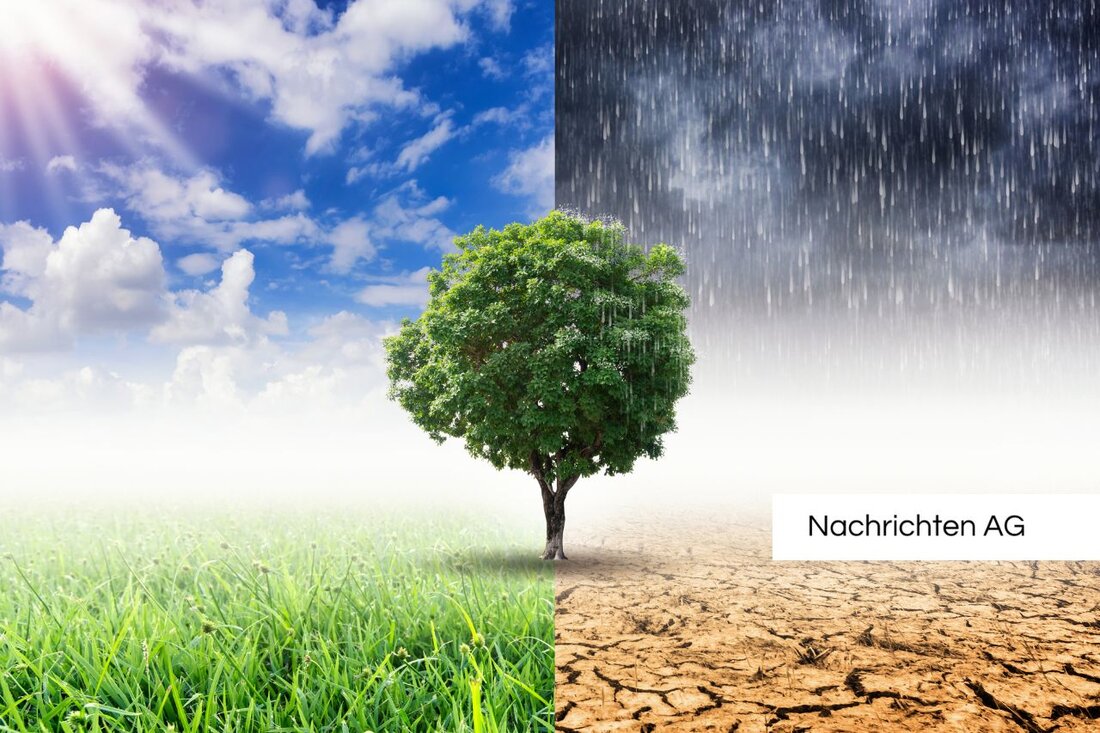Gardeners as a tool for change: New project starts in Lower Franconia!
The University of Würzburg is launching the “Multispecies Gardening” project to support gardeners as change agents in the Anthropocene.

Gardeners as a tool for change: New project starts in Lower Franconia!
Research into gardening has become increasingly important in times of pressing ecological challenges. The University of Würzburg has launched a project that examines how gardeners deal with current changes. Under the title “Planting Future: Multispicies Gardening in the Anthropocene” (“Multispecies Gardening” for short), a research group led by Professor Michaela Fenske is being formed to promote sustainable gardening and social change.
The project, funded by the Volkswagen Foundation with over 1.2 million euros, aims to position gardeners as “agents of change”. This role is intended to enable them to actively contribute to addressing the challenges of climate change, species extinction and invasive species. There are around 17 million private gardens in Germany that can act as important microcosms for these transformations.
Establishing collaboration
As part of this project, the research group cooperates with the Bavarian Garden Academy. This institution is in the process of supporting recreational gardeners in adapting to climatic changes. For example, they receive advice on more resilient plant species. The research group will maintain close contact with the population in order to understand their perception and how they deal with the change processes.
The Anthropocene describes the human influence on the environment and shows how important adaptive action is in garden culture. Planned formats, such as exhibitions, books and films, are intended to make the research results accessible to a broader public. The official project start is scheduled for April 1, 2025, with the initial focus on Lower Franconia, followed by Germany-wide projects. Interested gardeners are invited to contact the research group.
Climate change as a central challenge
Climate change has already left its mark. The winter of 2022 was 1.5 °C warmer than average and was one of the warmest winters in the history of measurements reporting shows. With a temperature record of 33.7 °C in Bludenz, spring 2022 was one of the warmest and driest spring times in the last 164 years for Austria.
These climatic extremes have far-reaching consequences not only for agriculture, but also for self-sufficiency and gardening as a whole. The research group uses these real challenges to provide clear impetus for social change through gardening. Gardens, as a widespread element of the middle class, have great potential for transformation, even if they are often considered less transformative.
Given these dynamic framework conditions, research also examines the possibilities of how smaller transformations in horticulture can be transferred to larger social changes. In the area of tension between environmental awareness and practical solutions, gardening is becoming a key skill today.

 Suche
Suche
 Mein Konto
Mein Konto